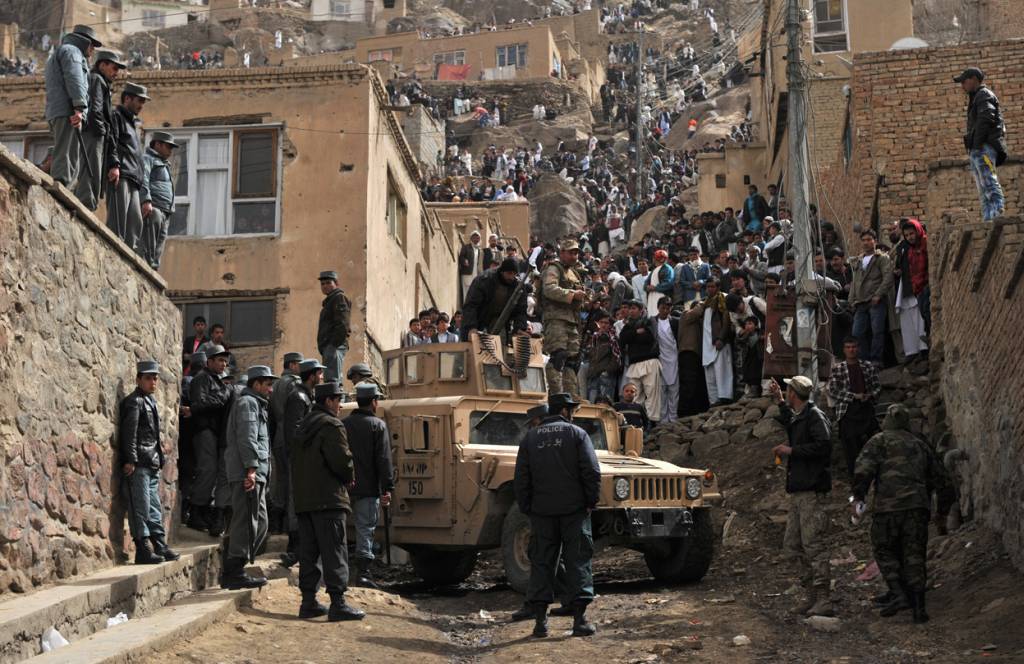CSTC–A, Ministries of Defense (MoD), and Ministries of Interior (MoI) did not have controls in place to effectively manage accountability of the approximately 95,000 vehicles procured by DoD for Afghan National Security Forces (ANSF) since 2005.
In addition, MoD and MoI advisors were not confident that ANSF could effectively take over maintenance and sustainment of vehicles provided by DoD and Coalition forces.
This occurred because CSTC–A did not implement an effective system to properly track and account for vehicles transferred to ANSF; CSTC–A did not enforce consequences to hold MoD and MoI accountable for tracking vehicles transferred; and MoD and MoI did not place adequate controls over the accountability of vehicles they received from DoD and Coalition forces. In addition, MoD and MoI did not consistently follow property accountability procedures. MoD and MoI also lacked trained personnel to perform supply chain management.
Furthermore, ANA’s common practice of not maintaining vehicles has hindered its ability to successfully maintain and sustain its fleet.
As a result, there was a lack of assurance that all vehicles transferred to MoD and MoI were used for their intended purpose. In addition, if ANP and ANA are left to maintain vehicles without contractor assistance, their vehicles will rapidly deteriorate, reducing their ability to defend their country. Furthermore, DoD has spent at least $21 million on replacement engines and transmissions for High Mobility Multi‑Purpose Wheeled Vehicles that likely could have been avoided.
Recommendations
Among other recommendations, the Commander, CSTC–A should instruct the Security Assistance Office to reconcile information in the Operational Verification of Reliable Logistics Oversight Database to information in the Security Cooperation Information Portal to ensure vehicle information is accurate and complete. The Commander should also assess the accuracy of CSTC–A’s records and take the necessary steps to maintain the completeness and accuracy of these records.
Regarding maintenance and sustainment of vehicles by ANA and ANP, we recommend the Deputy Chief of Staff–Support enforce consequences in the commitment letters if MoD continues the practice of requesting unjustified replacement vehicles and spare parts. The Deputy Chief should also examine the training program that Automotive Management Services conducts to train Afghan National Police on supply chain management and determine whether it is feasible to implement a similar training model for Afghan National Army to help ensure the Afghan National Army progresses in building its supply chain management capability to an independent level.
Challenges Exist for Asset Accountability and Maintenance and Sustainment of Vehicles Within the Afghan National Security Forces (297 downloads)











